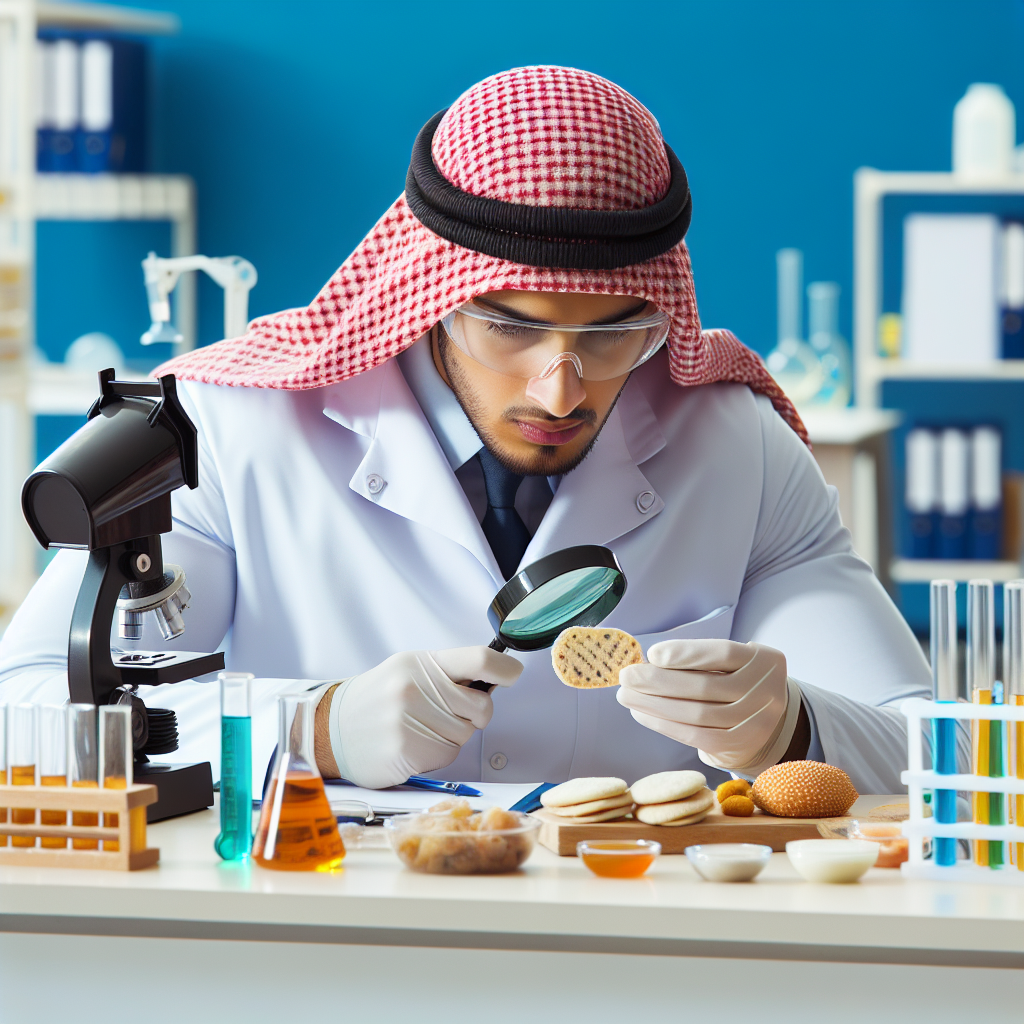Joint FAO/IAEA Centre Celebrates 60 Years of Advancing Nuclear Science in Food and Agriculture
Marking six decades of innovation, the Joint FAO/IAEA Centre continues its vital work in supporting global food security and sustainable agriculture through nuclear science.

This October, the Joint FAO/IAEA Centre of Nuclear Techniques in Food and Agriculture is celebrating its 60th anniversary. Since its establishment in 1964, the partnership between the Food and Agriculture Organization (FAO) of the United Nations and the International Atomic Energy Agency (IAEA) has been at the forefront of nuclear science applications aimed at improving agricultural productivity, ensuring food security, and promoting environmental sustainability.
Over the past six decades, the Centre has helped countries tackle critical global challenges through nuclear technology, making breakthroughs in areas such as crop yield enhancement, livestock protection, pest control, soil and water management, and food safety.
Pioneering Nuclear Science in Agriculture
The Centre has played a crucial role in advancing the use of nuclear technologies to address a variety of agricultural and environmental challenges. Its Biotechnology Laboratories have been a cornerstone of these efforts, offering cutting-edge research, capacity development, and technology transfer to countries worldwide. These labs remain leaders in science and innovation, contributing to the Centre’s global mission of sustainable agrifood systems. Key Achievements Across Critical Areas
Insect Pest Control:One of the Centre's most significant contributions is the Sterile Insect Technique (SIT), a radiation-based method used to control pests by sterilizing male insects. SIT has helped reduce reliance on chemical pesticides and played a key role in the eradication of pests like the Mediterranean fruit fly (Medfly) from countries such as the Dominican Republic. In the United States, SIT is being used to control mosquito populations resistant to insecticides in Florida.
Plant Breeding and Genetics:
The Centre’s work in mutation breeding has generated improved crop varieties by accelerating natural mutations through irradiation. This has led to the development of crops with enhanced resilience and productivity. A key resource supporting this work is the FAO/IAEA Mutant Variety Database, which holds information on over 3,400 improved mutant plant varieties. Recently, the Centre even sent seeds to the International Space Station to study the effects of cosmic radiation on plant genetics, with the aim of developing crops resilient to climate change.
Soil and Water Management:The Centre has developed tools to enhance soil fertility and water management, such as the Cosmic Ray Neutron Sensor (CRNS), which provides real-time data on soil moisture levels, helping farmers optimize water use. In Laos, isotopic techniques have improved rice yields by optimizing fertilizer use and promoting sustainable agricultural practices.
Animal Production and Health:Nuclear techniques have been pivotal in improving livestock productivity and disease control. The Centre’s VETLAB Network supports veterinary laboratories in Africa and Asia, strengthening the capacity to detect and respond to animal diseases. In Bosnia and Herzegovina and Serbia, genome sequencing capabilities supported by the Centre have been used to monitor zoonotic diseases like COVID-19.
Food Safety and Control: Nuclear technologies have enhanced food safety standards worldwide by improving the detection of contaminants and verifying food authenticity. In Sri Lanka and Bangladesh, advanced testing for mycotoxins and antimicrobial residues ensures that food products meet safety standards, protecting both local and international consumers.
Driving Innovation and Global Cooperation
As the Centre celebrates its 60th anniversary, it reflects on its legacy of fostering international cooperation and innovation in agricultural sciences. In 2023, the IAEA and FAO launched the Atoms4Food initiative, offering tailored approaches to using nuclear techniques to enhance food production and address challenges posed by climate change.
Looking ahead, the Joint FAO/IAEA Centre remains committed to driving research, capacity development, and partnerships to tackle the evolving challenges of agrifood systems, ensuring a secure and sustainable future for global food production.
- READ MORE ON:
- IAEA
- Food and Agriculture Organization
- Nuclear Science










